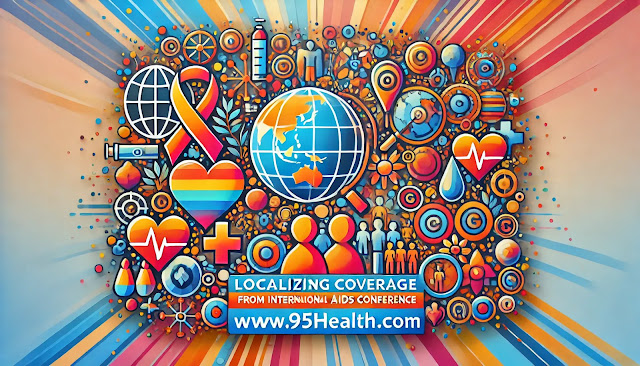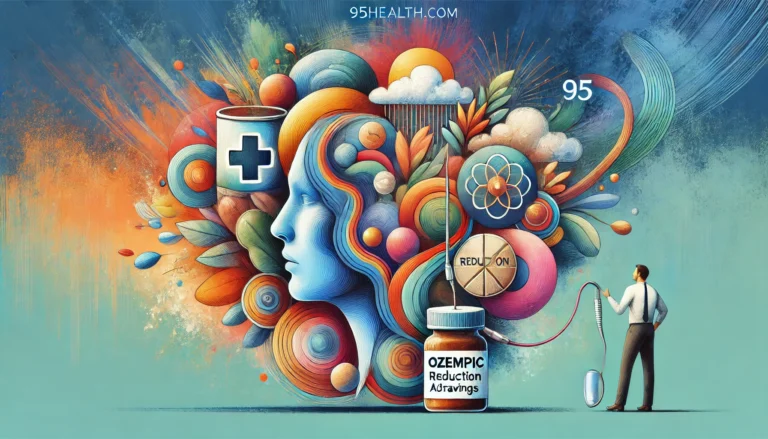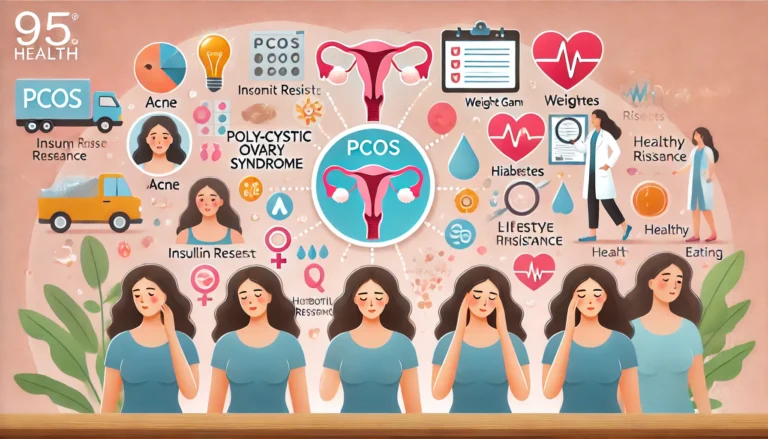Accelerating HIV Services: The Urgent Need to End AIDS in Children by 2030
The latest update from the World Health Organization (WHO) stresses the critical need for urgent and accelerated delivery of HIV services to fulfill the promise of ending AIDS in children by 2030. Despite the progress made, significant gaps remain in prevention, treatment, and healthcare access, particularly for children.
Current Challenges
HIV in Children:
- As of the latest reports, millions of children worldwide are living with HIV, with many not receiving the necessary antiretroviral therapy (ART). The lack of timely diagnosis and treatment leads to higher mortality rates among children with HIV.
Prevention of Mother-to-Child Transmission (PMTCT):
- Although PMTCT programs have significantly reduced new infections, gaps in service delivery, especially in low-resource settings, continue to hinder progress. Ensuring pregnant women have access to HIV testing and ART is vital for reducing transmission rates.
Stigma and Discrimination:
- Stigma remains a major barrier to accessing HIV services. Addressing this issue through community education and supportive policies is essential for improving health outcomes for children and their families.
Strategies for Accelerated Delivery
Universal Access to HIV Testing and Treatment:
- Expanding access to HIV testing and ART for children and pregnant women is crucial. This includes integrating HIV services into primary healthcare to ensure broader reach and sustainability.
Innovative Treatment Approaches:
- New treatment options, such as long-acting injectable ART, can improve adherence and outcomes for children. Research and development of pediatric-specific formulations are also essential.
Strengthening Health Systems:
- Investment in healthcare infrastructure, training for healthcare workers, and ensuring the availability of essential medicines are key to improving service delivery. Enhanced coordination between governments, international organizations, and local communities is also necessary.
Community Engagement and Education:
- Engaging communities in HIV prevention and treatment efforts can reduce stigma and encourage more individuals to seek care. Educational campaigns that inform about the benefits of early diagnosis and treatment can significantly impact public health outcomes.
U.S. Initiatives Supporting Global Efforts
The U.S. government, through initiatives like PEPFAR (President’s Emergency Plan for AIDS Relief), continues to play a crucial role in global HIV/AIDS efforts. These initiatives focus on providing comprehensive care, supporting PMTCT programs, and improving access to ART for children and adults in resource-limited settings.
The National HIV/AIDS Strategy and the Ending the HIV Epidemic (EHE) initiative aim to reduce new infections, increase access to care, and eliminate disparities within the U.S. These strategies contribute to global goals by fostering international collaborations and sharing best practices.







